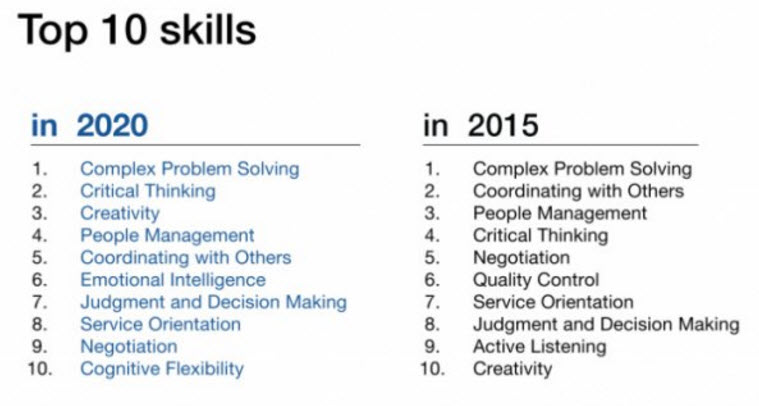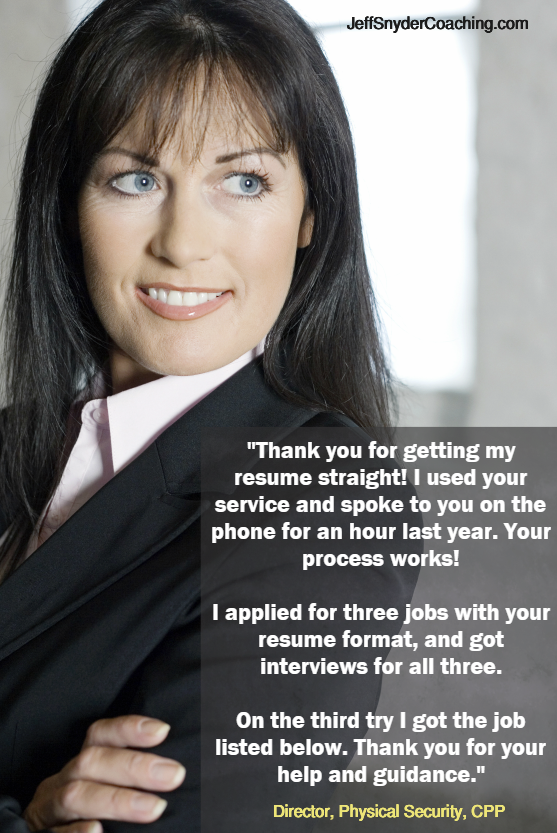Many job seekers get stuck because they don’t see the strategic paths from where they are that lead to where they want to go.
While your resume is always about you, it should always be written for the benefit of another person. We’ll call these other people the audience for your resume.
- If in your profession, you use language, acronyms and/or abbreviations that 100% of your audience does not use or clearly understand, you might get stuck.
- Most people write resumes about themselves as if they’re writing their resume for themselves. This approach will frequently get you stuck.
- If your resume’s audience can’t figure out who you are, where you are, how to contact you, what you’re great at and how you can specifically solve their problems, you’ll likely find yourself getting stuck.
- If you're ready for a leadership role and you're sending out resumes that carry laundry lists of technology rather than evidence of what you've done to lead, guide, mentor and grow other people, you'll likely get stuck in the hands-on individual contributor role you're in today.
- When employers are asking for job candidates who are visionary, strategic, collaborators who can influence, guide and execute and you aren't crystal clear as to which of those traits describe you, it will be very difficult to write a resume that addresses the traits and behaviors employers are seeking.
- Your resume should give evidence of accomplishments, contributions and the value you've created for past employers in order to demonstrate that you can create similar value for the future employer.
Research by The Ladders suggests that you now have 6 seconds to make a first impression when you share your resume. In those first 6 seconds when a resume reviewer puts their eyes on your resume, you’re making a first impression whether the impression is a good or a bad impression.
Your resume's first impression should be clean, clear and logical enough to entice a data-overwhelmed resume reviewer to slow down to read your resume.
Your resume's first impression is either an impression that will open an interview door or it is an impression that will keep you stuck in your current situation.
Jeff Snyder Coaching Blog, 719.686.8810





















